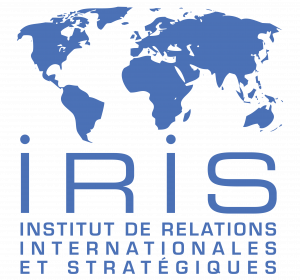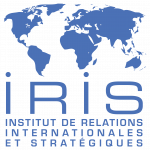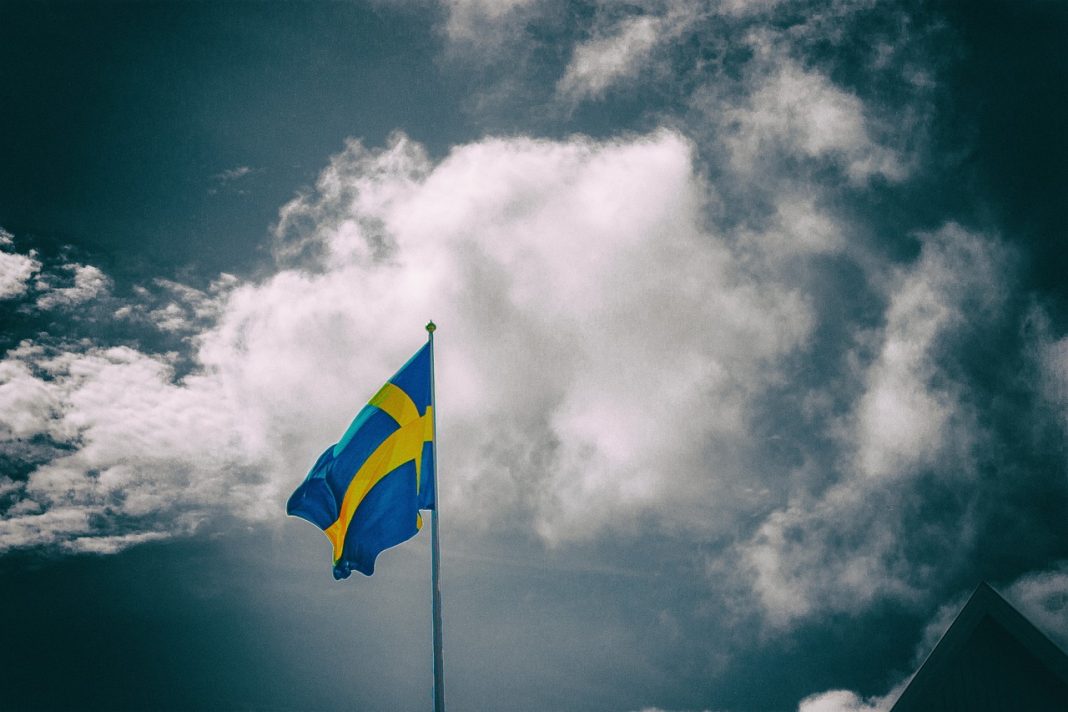The Armament Industry European Research Group (Ares Group) was created in 2016 by The French Institute for International and Strategic Affairs (IRIS), who coordinates the Group.
This ARES commentary delves into Sweden’s stance on European Union (EU) defence- industrial initiatives. The paper provides a comprehensive analysis of Sweden’s defence industry, tracing its history, which significantly shapes its approach to EU defence initiatives. The paper then assesses the impact of the Russian invasion of Ukraine on Sweden’s defence policy and budget, leading to increased defence spending and a shift in focus towards national defence. The impending NATO membership, augmented defence budget, and long-term defence planning are expected to influence Sweden’s approach to EU defence policy. Focusing on EU defence initiatives, the commentary scrutinises Sweden’s position in negotiations on the European Defence Fund (EDF), EDIRPA and ASAP as well as its position within the EU Strategic Compass process. The paper outlines Sweden’s overall lukewarm reception of the new EU defence initiatives, marked by scepticism towards EU ambitions of consolidating the defence market, on the role of the European Commission in defence policy and a consistent emphasis on the importance of competition. The commentary concludes by outlining challenges and future outlooks, highlighting potential risks of Sweden prioritising NATO integration over EU initiatives. It also explores the broader trend of member states pushing back against the Commission’s new EU defence initiatives and examines how Sweden’s budget-restrictive perspective may impact its political ambitions regarding emerging defence- industrial initiatives coming out of Brussels.
Author: Calle Håkansson, PhD/Associate Research Fellow, The Swedish Institute of International Affairs (UI).
This text has originally been published on the IRIS website.



